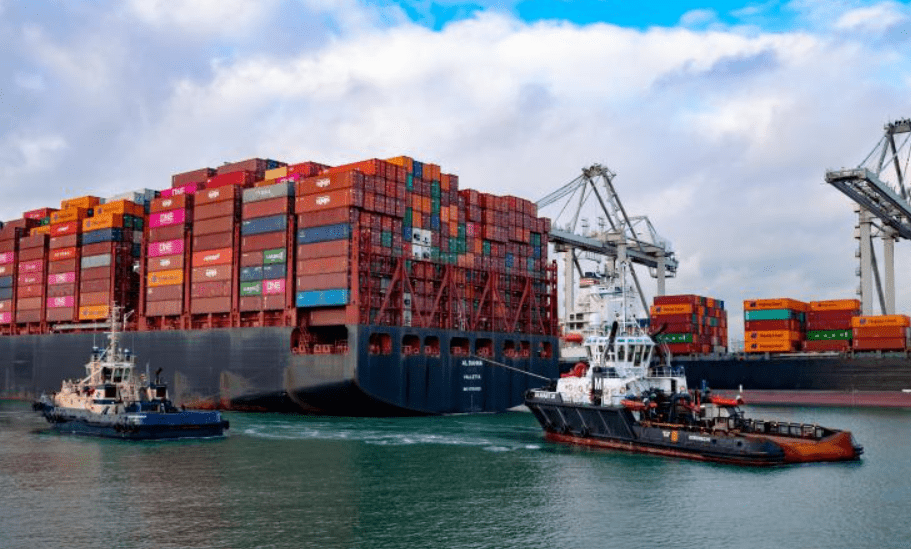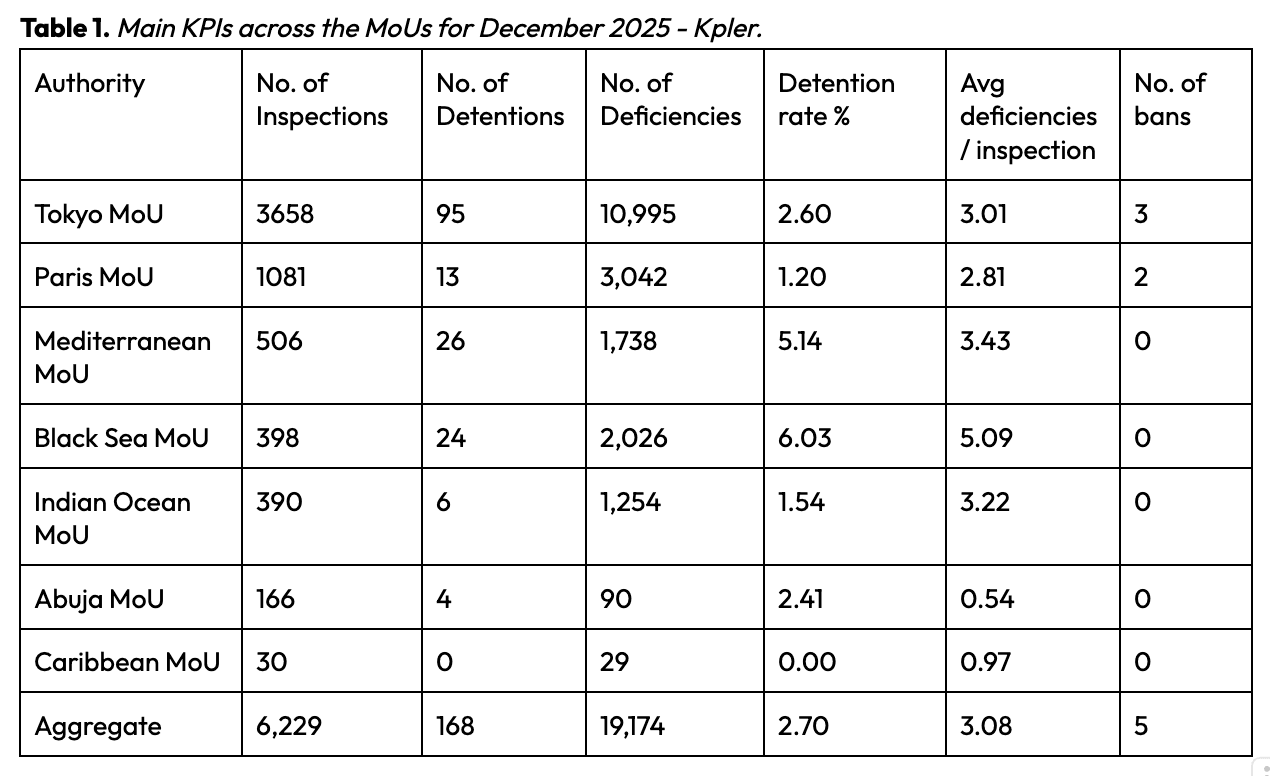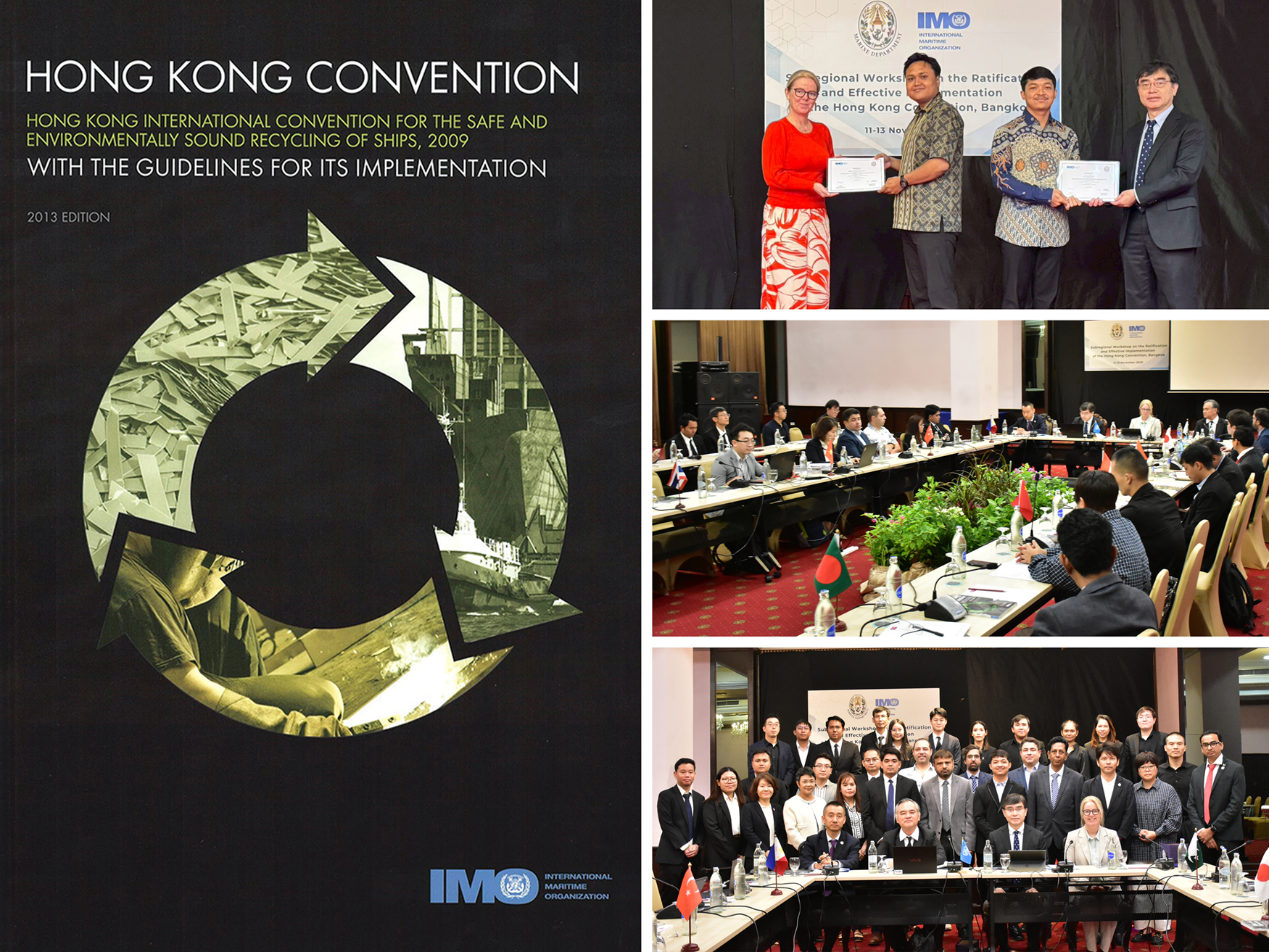






French consultancy Alphaliner said today that 20% of the global boxship fleet is aged 20 years and older.
It is estimated that 1,200 vessels of the active fleet of 5,890 ships are aged at least 20 years, and this comprises about 2.9 million TEUs.
Many of these older ships are relatively small, with only 314 vessels having capacities of 3,000 TEUs and above, while 886 vessels have capacities below 3,000 TEUs.
MSC is believed to be the largest owner of older container ships. The Geneva-based operator currently owns 212 vessels of 718,000 TEUs, close to 25% of the existing vessels that are aged 20 years and above.
Alphaliner observed, “Quite remarkably, 145 of the 330 second-hand liner vessels that MSC bought since it embarked on a historic buying spree in August 2020 are cellular container vessels aged 20 years and older.”
This month, MSC purchased the 2003-built 6,976 TEU MSC Magnitude VII (ex Northern Magnitude) from Norddeutsche Reederei.
Maersk Line is the second largest owner of older tonnage, with 48 vessels in this age group, followed by Evergreen (36 units), the Indonesian carrier Tanto Intim Line (23) and Hapag-Lloyd (20).
Regarding tonnage providers, Global Ship Lease is the non-operating owner with the highest number of older ships, with 25 vessels aged 20 years and beyond, followed by Costamare, Conbulk and Danaos with 15 ships each.
Given the significant number of older vessels in the existing fleet, there should be high demolition potential.
However, Alphaliner stated that many of these vessels, which are in decent condition, could continue trading in markets where there is little to no replacement.
Newbuilding deliveries are expected to hit 2.4 million TEUs this year, 3 million TEUs in 2024 and nearly 2 million TEUs in 2025, compared to the 1 million TEUs of new capacities delivered on average every year over the past decade.
As such, the scrapping of older ships will need to be much more ambitious to have any tangible impact on the fast-rising overcapacity, concluded Alphaliner.






